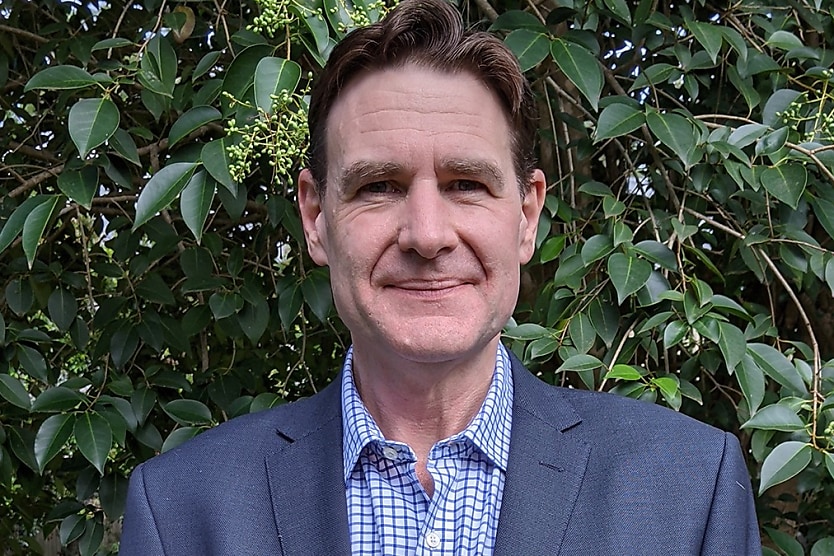People management specialist says trusting your employees can boost performance
SHARE THIS ARTICLE

Dr Dominic McLoughlin, a people management specialist, joined The HR Leader to discuss how trust can motivate workers to perform better.
“Academically, there’s been a lot of research into trust. There was an article by Dirks and Ferrin that looked at something like 350 trust research pieces and trying to put them all together. What that showed was that not only was trust really critical, but it actually had a lot of positive business outcomes that we’d normally think of as HR outcomes,” explained Dr McLoughlin.
“Things like job satisfaction and commitment to the organisation and belief in the information that’s being given … things that HR and organisations are always trying to achieve and so much of that was related to trust,” he said.
Giving employees trust allows for a trial and error approach to their work, which Andre Lord, CEO at Diamond says is the best way to learn.
Mr Lord discussed the importance of trial and error in a LinkedIn post: “We may need to go through the agony of trial and error before determining the best course of action in life. It would be unusual if we always got things perfect the first time.”
Mr Lord continued: “In many respects, using the trial-and-error method is the only way we can truly learn. When we make a mistake or fail at something, we allow ourselves the chance to reflect, make changes, and try again. Repeating this process multiple times throughout your life will give you an effective way to learn more about your surroundings and solve all types of problems.”
Dr McLoughlin says that by putting trust in your employees, they will reciprocate that trust. When there is a mutual respect between employers and staff, you can allow for better performance.
Dr McLoughlin said: “[When you] don’t really trust this manager, you’re not prepared to put in as much effort. Whereas if you trust someone, you get on well with them, you’ve got a good rapport, you’ve got a good relationship professionally, you can really sort of put your best into it and know that you’ll be recognised for it.”
“I think one of the biggest underminers of trust would be where a manager would take your good idea and present it as their own,” he said.
Honesty is another key area that Dr McLoughlin says is crucial for a manager to uphold.
“One of the things I found in the survey that I did was that honesty was not surprisingly one of the top differences between the best and the worst managers. Interestingly, honesty wasn’t just about telling the truth from time to time. It was also about consistency and leading by example and putting the needs of others first and basing your decisions on the right thing to do instead of just on profit only,” Dr McLoughlin said.
Being honest and open with staff can make them feel welcome and valued, which in turn can help them to work to their full potential.
Mr McLoughlin added: “It’s fine to have an open-door policy, but if everyone’s too scared to walk in, then it doesn’t make any difference.”
The transcript of this podcast episode, when quoted above, was slightly edited for publishing purposes. The full audio conversation with Dr Dominic McLoughlin is below, and the original podcast article can be found here.
RELATED TERMS
An employee is a person who has signed a contract with a company to provide services in exchange for pay or benefits. Employees vary from other employees like contractors in that their employer has the legal authority to set their working conditions, hours, and working practises.
Jack Campbell
Jack is the editor at HR Leader.

